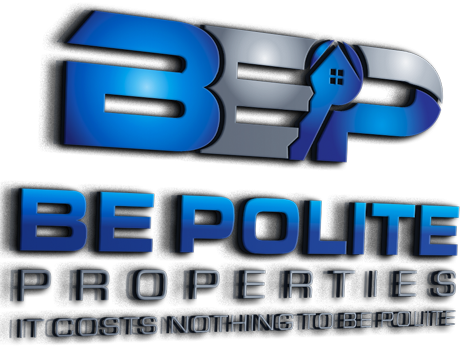Considering buying rental properties in Alamance County | Burlington NC | Graham NC? Here are the basic steps:
Step 1. Why Rental Properties
Before buying rental properties in Alamance County | Burlington NC | Graham NC, NC, ask yourself: what is my goal with the property? Will I be renovating and reselling the property? Will I hold the property long term and collect rental income? Will I live in one of the units? These answers will guide you to finding your ideal purchase.
Step 2. Locate the Rental Property
There are a handful of ways to find rental properties to buy. First of all, you can call us at 877-359-1923 and we can help you find what you are looking for in Alamance County | Burlington NC | Graham NC. You can work with a Realtor who has access to the multiple listing service, or MLS. You can also find properties for sale by owner on public posting boards online. There are also public auctions held by cities and counties in NC that frequently offer rental properties for sale, mostly due to unpaid taxes. Working with a real estate professional might be ideal if you are new to buying rental properties, they know the tips and tricks of the trade. You also might want to look for an area in or close to the municipality of Alamance County | Burlington NC | Graham NC where the rental demands are higher, you will probably be able to ask a higher rental rate.
Step 3. Evaluate the Investment
Real estate professionals have easy access to most sources of information for research on rental properties. It does not hurt to do your own research, just to double-check.
Search the county records for the deed and ownership history. There should be a nice, clean chain of owners from one to the next. If not, there will have to be legal paperwork done that takes time and costs extra money. Make sure to look up the property taxes, if there are any open certificates and you purchase the property, the owner might be able to take the property back from you before the waiting period is over, typically 4 years.
Review the physical characteristics of the property, will it be large enough for your plans? Is it on a canal? Does it have direct access to the utility system? Are there plans for utility expansion? What is the ROI of this investment, does it meet my goals? Check into the plat maps and any surveys available to make sure there are not any surprise easements you are unaware of.
Step 4. Finance Your Property
You’ve found the rental property you want to buy. Now it’s time to fund the closing! How are you going to do that? Do you plan to pay cash, or do you need a loan? If you need a loan, there are a handful of banks willing to finance an investment property. Make sure your financial status doesn’t change during the closing process. Another option would be to form a partnership to invest in rental properties where you would form an agreement to pool your funds to buy a larger portfolio of property with larger returns!
Step 5. Hold Your Rental Property
Now that you’ve purchased your rental property, what is your holding plan? Are you going to flip it right away, or will you hold it for a few years? Keep in mind, the faster you make a profit by reselling, the larger tax you may have to pay. The longer you hold it, the less capital gain tax you will have to pay when it’s sold.
